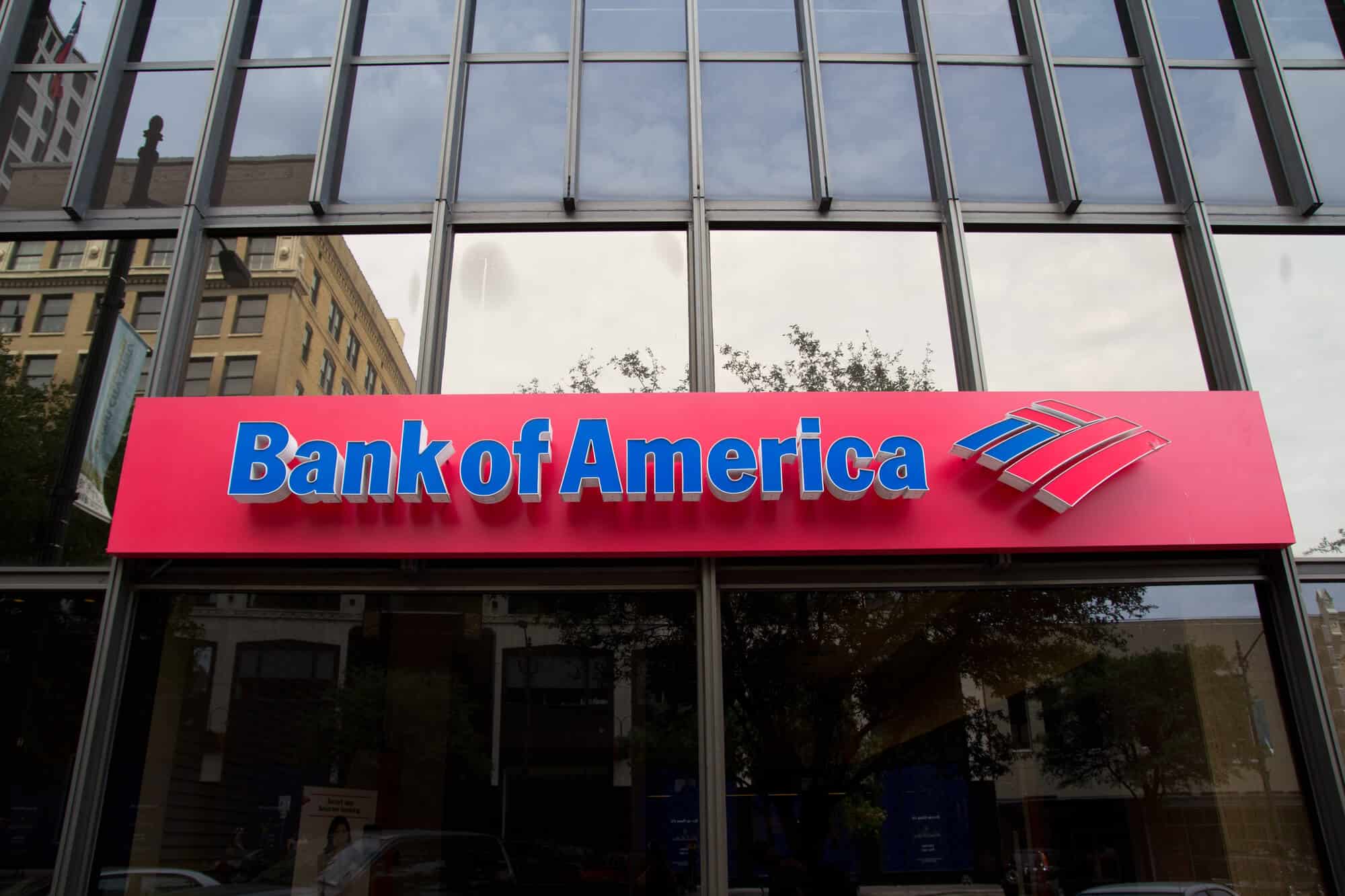A chartered financial analyst (CFA) is a certification offered by the CFA Institute and a title for those who have earned this certification. Getting a CFA charter requires several exams and can be a difficult process. However, the CFA designation is highly respected in the investing and corporate finance world, making it a lucrative career goal for many young professionals.
What Do CFAs Do?
A chartered financial analyst, or CFA, has received a CFA certification from the CFA Institute. In general, a financial analyst makes decisions on how to spend money to maximize profits, be it through stock market investments or mergers and acquisitions (M&A).
The CFA Institute reports over 200,000 CFAs worldwide working in 160 different markets, and this charter is highly sought after by finance professionals and the companies they work for.
“The CFA charter is instant credibility within the industry,” says Rick Nott, CFA and senior wealth adviser at LourdMurray.
This certification shows the holder has a deep understanding of economics, investment management, financial analysis, and the ethics surrounding investing. Additionally, the charter provides a foundation of quantitative skills, financial knowledge, and analytical thinking. As such, the day-to-day of a CFA’s job will differ depending on the type of finance career they have. For example, while a research analyst may focus on examining data to aid investment decisions, other roles may be more client-focused.
“I spend most of my day talking to people about their personal, financial, and business problems,” says Nott about his work in wealth management.

NY Jobs CEO Council Financial Analyst
Analyze a company's financials and learn what it's like working as a financial analyst in this free job simulation.
Avg. Time: 2 to 3 hours
Skills you’ll build: Financial analysis, critical thinking, problem solving, Excel, communication
Where Do CFAs Work?
The CFA exams cover a broad range of topics, preparing charterholders to work in virtually any area of financial services. Some CFAs may work for large investment banking companies focusing on raising capital and selling securities (like stocks or bonds). Others move into management accounting and handle budgeting and financial planning for clients and businesses.
Typical Roles for CFA Charterholders
Some job titles a CFA holder may have include:
- Portfolio manager: manages investment portfolios for individual clients and large organizations
- Risk analyst: assesses the risks associated with business and investing decisions for a company or client
- Account manager: maintains relationships with clients and assists them with any issues to ensure client retention and satisfaction
- Investment banker: advises and facilitates large-scale transactions and investments, including mergers and initial public offerings (IPOs)
- Accountant: records, tracks, reports, and assesses financial documents for organizations and tax filings
>>MORE: Explore the differences between financial analysts and accountants.

JPMorgan Investment Banking
Advise a client on a suitable M&A target to expand their operations in Asia as a junior Investment Banker with this free job simulation from J.P. Morgan.
Avg. Time: 3 to 4 hours
Skills you’ll build: M&A screening, cross-team collaboration, company analysis, strategic rationale, M&A process understanding, modelling, DCF, presentation
CFA Salaries
According to the U.S. Bureau of Labor Statistics (BLS), the average annual salary in 2021 for financial and investment analysts was $108,790. The BLS also reports that the highest 10% of financial analysts may earn more than $169,000. However, these statistics can be misleading since not every financial analyst has a CFA certification.
The CFA Institute conducted a compensation study in 2019, which found that the median pay for CFA charterholders in 2018 was $177,000, including base salary, commission, and bonuses. Additionally, having a CFA designation can be a stepping stone to more senior positions at higher pay grades. For example, a financial analyst with a CFA and a few years of experience may be able to move into a financial management role.
>>MORE: Check out the best paying jobs in finance in 2025.
How to Become a Chartered Financial Analyst
To become a chartered financial analyst, you must qualify for and pass the CFA exams. You must meet education hour requirements before taking the tests, and you’ll need to complete a certain number of professional work experience hours to become a member of the CFA Institute and maintain your certification.
Education and Experience
To qualify for the CFA exams, you need a bachelor’s degree or equivalent. Students close to graduation may be able to take the first exam (called Level I), but they can’t take the second test until after graduation.
There is an alternative to a degree, though, in the form of work experience. Seasoned professionals with 4,000 hours of work experience in at least three years can use this to qualify for the exams. This work experience doesn’t need to be finance- or investment-related, either.
However, 4,000 hours of relevant investment work experience is required to apply for CFA Institute membership. CFA Institute membership is required for all charterholders. These hours can be completed before, during, or following the exams, and the details of this work need to be self-reported to the CFA Institute alongside two to three professional references. Additionally, all work experience for qualifying for exams and applying for membership is ultimately subject to approval by the CFA Institute.

Citi Finance
Help Citi's finance team manage business KPIs, financial risks, and predict credit card sales in this free job simulation.
Avg. Time: 5 to 6 hours
Skills you’ll build: Fact finding, data analysis, communication, presentation, Basel III regulation, judgment, commercial awareness
CFA Exams
The CFA exams are updated annually to ensure the content is well-aligned with current industry standards. While each test has a specific topic or focus area, all tests also cover ethics. The three exams are:
First Exam: Level I
The first exam covers asset valuation, financial reporting and analysis, and portfolio management. The test is multiple choice and the CFA Institute reports 41% of people generally pass this exam.
Second Exam: Level II
The second exam in the series features an in-depth focus on asset valuation and its tools and inputs, such as economics, financial reporting, and quantitative analysis. The exam is short reading selections with multiple choice questions. According to the CFA Institute, 45% of test-takers pass this exam on average.
Third Exam: Level III
The third and final CFA exam has a concentration on portfolio management and using asset valuation models to assess and manage investments for investors. Similar to the second test, this exam features short reading selections with multiple choice and essay questions. The CFA Institute reports an average of 52% of those who take the third exam pass.
To maximize chances of success, students should “study consistently, and take a lot of CFA practice tests,” advises Doug Carey, CFA and president at WealthTrace. “Make sure you are truly ready for the countless hours of studying you will need to become a CFA charterholder.”
Additionally, be prepared for the cost of these exams. In addition to an enrollment fee of $350, each exam costs between $940 to $1,250 depending on when you register. Fees also apply to reschedules if you need to move the exam date.
Skills for Chartered Financial Analysts
Passing the CFA exams and excelling in a finance career takes a wide range of hard and soft skills. You need the technical abilities to handle financial modeling and data analysis, but you also need the drive to tackle the stress of exams and the industry.
“You must be well-organized, disciplined, and motivated,” says Carey about preparing for CFA exams.
Other essential skills for prospective CFAs include:
- Analytical skills
- Asset valuation
- Public speaking
- Attention to detail
- Knowledge of specific financial calculations and metrics, such as calculating net present value (NPV) and compound annual growth rates (CAGRs)
Build the Right Skills
Start learning the skills you need to get ahead with our free banking and financial services job simulations.
Pros and Cons of a CFA Career
| Pros | Cons |
| Flexibility | Difficult to achieve |
| Respected designation | High-stakes |
| Opportunities | Competitive industry |
One of the most significant benefits of gaining a CFA charter is how widely applicable it is — the skills learned by earning this certification can lead in many directions, especially when combined with other specialized skill sets.
For example, Carey notes, “being a CFA gave me a lot of flexibility when combined with my knowledge of statistics, quantitative analysis, and computer programming.”
Additionally, the charter inevitably leads to more opportunities and higher positions because it is so well-respected.
“It not only shows you have learned a lot about important financial topics, it shows that you are motivated and capable of taking things to the finish line,” adds Carey.
However, earning a CFA credential takes work.
“It has a way of challenging your intellectual confidence and your desire to become a financial professional,” says Nott. You have to be dedicated to this goal and push through any challenges, and even once you’ve earned a CFA charter, working in finance has its drawbacks.
“Finance is an industry where the little details really matter, sometimes quite a bit,” says Nott. As a result, there isn’t very much room for error, which can be stressful. The work is high-stakes, too. CFAs are responsible for handling a lot of money and overseeing large-scale transactions — one small mistake could ultimately be financially devastating for a client.
Additionally, finance is simply a highly competitive industry. Everyone is hungry to succeed, and that success requires keeping up with trends, learning new skills, and expanding your network to source bigger and better opportunities.

JPMorgan Quantitative Research
Explore where finance and technology meet in this free job simulation from JPMorgan.
Avg. Time: 6 to 7 hours
Skills you’ll build: Programming, data analysis, Python, derivatives, critical thinking, statistics, credit, dynamic programming
Similar Career Paths
Obtaining a CFA charter is just one option for finance professionals — there are many other certifications available, many of which can be combined with a CFA to show a broader range of skills.
“Combining a CFA and a CFP [certified financial planner designation] is an amazing one-two punch that can really open doors and set you apart, especially in the financial adviser industry,” says Carey.
Some CFAs may also choose to get a certified public accountant (CPA) or certified management accountant (CMA) designation to transition into accounting for large firms and organizations.
Other careers in finance to consider:
Image credit: AndreyPopov / Depositphotos.com


